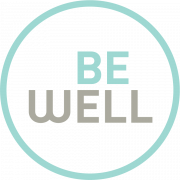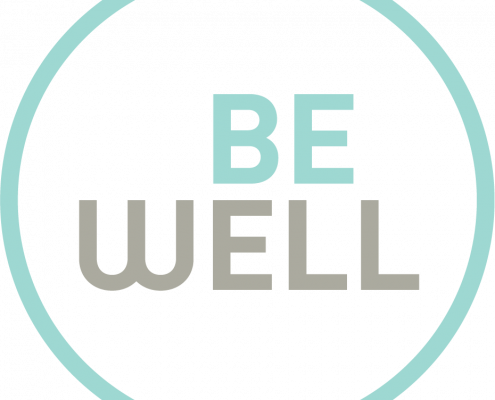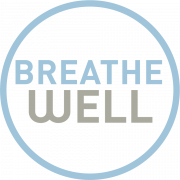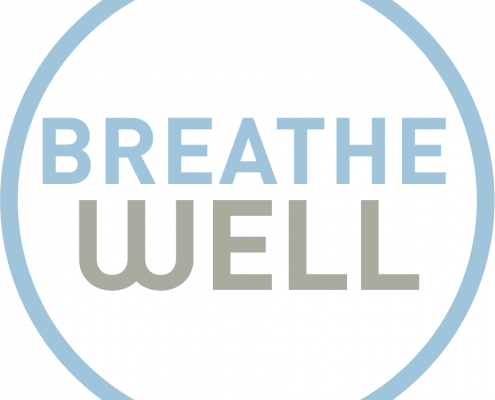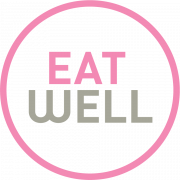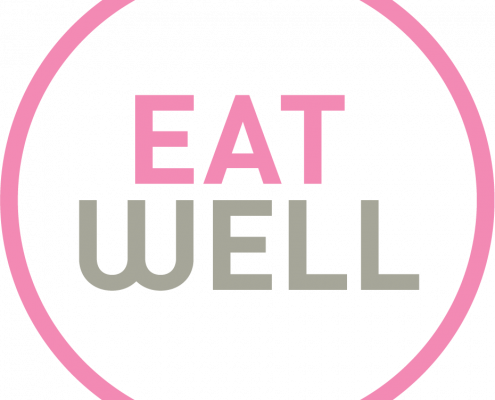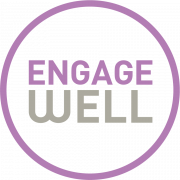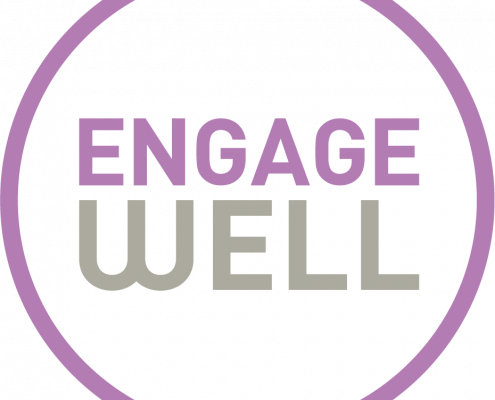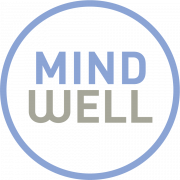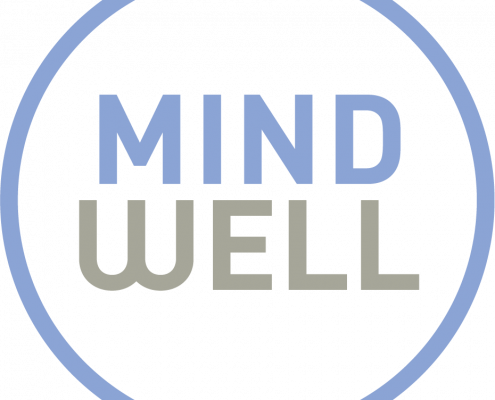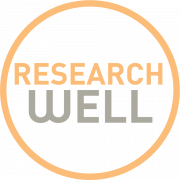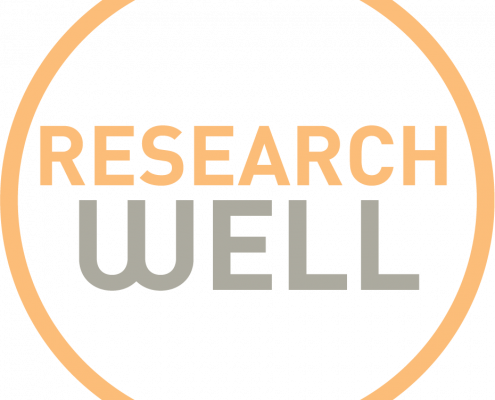Resources
Find the right resource for you
Each of you is a valued member of the Bruin family, and we want to ensure you have resources to help you maintain your health and well-being. We also want to acknowledge the challenges you face while continuing your work and studies during these turbulent times. We have curated a quick and high-level list of resources here, but we also encourage you to use the search engine below to find additional resources from our vast network of valued partners. Contact us if you believe there is an error in our resources or if you would like to propose the addition of a resource here: livewell@g.ucla.edu.
If you are a student, you may also want to explore Be Well Bruin, a comprehensive resource directory that highlights UCLA’s various resource centers, programs, and departments that support student health & well-being.
Basic Needs Resource Guide
This document is updated on a rolling basis to reflect ongoing operations of basic and essential needs programs/services offered on and off-campus.
Anti-Racism Resources
Check out these links that have been compiled with several resources to anti-racism.
Supporting Nursing: Map of UCLA Lactation Rooms
Find community resources, lactation rooms, and policies.
The Full Helping: Plant-Based, Healthy Recipes
Plant-based, health-minded recipes made accessible, fresh, and delicious!
USDA Dietary Guidelines 2020-2025
The Dietary Guidelines provides food-based recommendations to promote health, help prevent diet-related chronic diseases, and meet nutrient needs.
“How-To” Guide to Sustainable Cooking
Tips include buying in bulk, incorporating plant-based protein, and reducing food waste.
Bedari Kindness Institute
The UCLA Bedari Kindness Institute is an interdisciplinary organization dedicated to the research, education, and practice of kindness, with the goal of building a more humane society.
Global Food Initiative (GFI) Reports and Resources
UC Global Food Initiative working groups are compiling case studies and developing best practices, and the toolkits to implement them.
Food, Health and Climate Change
Questions answered by experts Dr. Jennifer Jay, Dr. Dana Hunnes and Elliot Mermel.
Nutrition Education and Dietary Restriction Support
UCLA Dining provides health and nutritional information, consultation with a Registered Dietitian, and dietary restriction support like the Gluten-Free Pantry.
UCLA Dining Menus and Nutritional Information
Find menus and nutritional information for UCLA Dining on the Hill.

